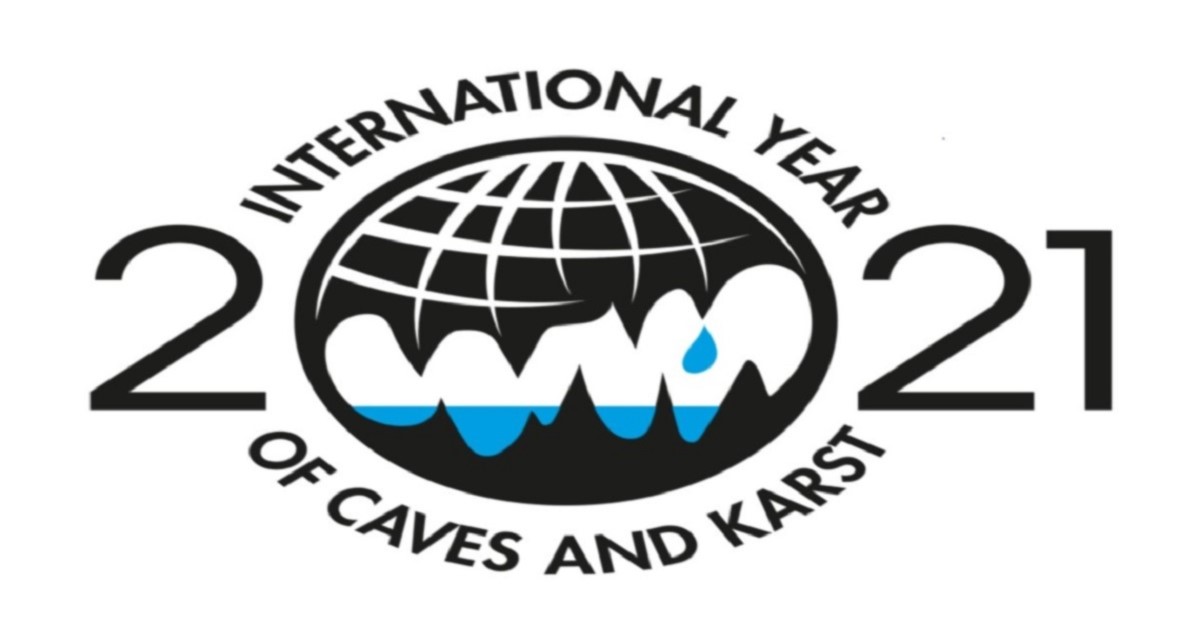- 3.0Impact Factor
- 6.0CiteScore
- 19 daysTime to First Decision
Geochemical Processes of Karst and Karst Paleoenvironments
This special issue belongs to the section “Hydrology“.
Special Issue Information
Dear Colleagues,
Karst landscapes and karst aquifers, which are composed of a variety of soluble rocks, comprise 20–25% of the ice-free land surface, and nearly 20% of society worldwide relies on karst aquifers for economic, urban, and environmental fresh water. The dissolution of a carbonate rock and the influence on water chemistry are a combination of various geochemical processes of major significance to the origin and evolution of the karst environment. Today, the main driver influencing environmental changes in the karst environment is anthropogenic chemical contamination and climate change. In order to evaluate the impact of these changes on karst systems it is necessary to determine geochemical background levels for delineating between natural and anthropogenic impacts. The geochemistry of natural geological archives, such as soils, sediments, and speleothems, can be used as proxies to estimate the magnitude of human and climate change impacts on water resources today. In this Special Issue, we would like to focus on the study of geochemical processes recorded at various temporal and spatial scales, including water monitoring and changes recorded in geological time frames. We welcome contributions that focus on the inorganic and organic components, as well as isotopes, in all components of existing karst systems and their paleoenvironmental counterparts. Research related to the geochemistry of karst systems in the broadest sense is most welcome.
Dr. Slobodan Miko
Dr. Nikolina Ilijanić
Guest Editors
Manuscript Submission Information
Manuscripts should be submitted online at www.mdpi.com by registering and logging in to this website. Once you are registered, click here to go to the submission form. Manuscripts can be submitted until the deadline. All submissions that pass pre-check are peer-reviewed. Accepted papers will be published continuously in the journal (as soon as accepted) and will be listed together on the special issue website. Research articles, review articles as well as short communications are invited. For planned papers, a title and short abstract (about 250 words) can be sent to the Editorial Office for assessment.
Submitted manuscripts should not have been published previously, nor be under consideration for publication elsewhere (except conference proceedings papers). All manuscripts are thoroughly refereed through a single-blind peer-review process. A guide for authors and other relevant information for submission of manuscripts is available on the Instructions for Authors page. Water is an international peer-reviewed open access semimonthly journal published by MDPI.
Please visit the Instructions for Authors page before submitting a manuscript. The Article Processing Charge (APC) for publication in this open access journal is 2600 CHF (Swiss Francs). Submitted papers should be well formatted and use good English. Authors may use MDPI's English editing service prior to publication or during author revisions.
Keywords
- karst landscapes
- karst aquifers
- rock–water interactions
- karst soils
- trace elements
- emerging contaminants
- biogeochemistry
- soil and water contamination
- lake sedimentary records
- speleothem records
- cave sediments
- paleohydrology
- stable isotopes.

Benefits of Publishing in a Special Issue
- Ease of navigation: Grouping papers by topic helps scholars navigate broad scope journals more efficiently.
- Greater discoverability: Special Issues support the reach and impact of scientific research. Articles in Special Issues are more discoverable and cited more frequently.
- Expansion of research network: Special Issues facilitate connections among authors, fostering scientific collaborations.
- External promotion: Articles in Special Issues are often promoted through the journal's social media, increasing their visibility.
- Reprint: MDPI Books provides the opportunity to republish successful Special Issues in book format, both online and in print.


